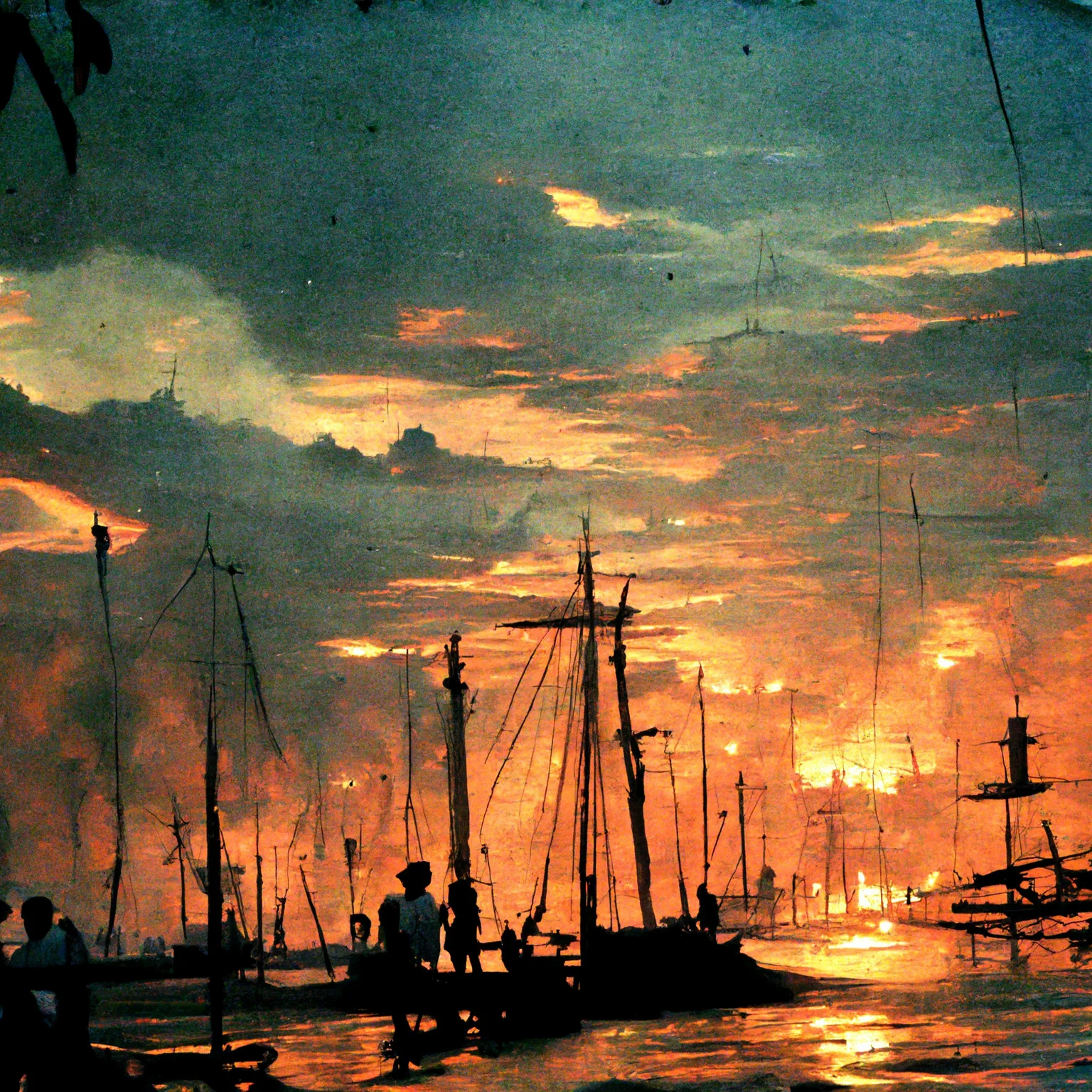by Stephen Cenon D. Talla
Luis G. Dato’s translation of the original Spanish “Mi Ultimo Adios,” which he called “Mi Ultimo Pensamiento,” has appeared in a number of publications in whole or in part, since 1927, and was published in the Philippine Magazine volume 31 in January, 1934. The text was the first English translation of the last poem of Rizal by a Filipino.
The translation of Luis G. Dato is credited as the first translation in English by a native Filipino.
In 1951 to 1959, LGD worked in the provincial government of Camarines Sur as P.R.O. (Public Relation Officer) to the Governor and his friend, Juan Triviño. It was this time that the Governor’s office was commissioned by the national government to translate the original Spanish poem of Jose Rizal’s Mi Ultimo Adios to the Bikol version, “An Huring Paaram.” The translated poem is now etched in a bronze plate at the Luneta Park. Although, it was officially credited to the Governor, Bikolanos know that it was Luis G. Dato who translated the poem. (It is my intent to post the Bikol translation on this site in the near future.)
Here, I would like to present the English translation in parallel with the original text by Jose Rizal.
Mi Ultimo Adios
by Jose Rizal
Adiós, Patria adorada, región del sol querida,
Perla del mar de oriente, nuestro perdido Edén!
A darte voy alegre la triste mustia vida,
Y fuera más brillante, más fresca, más florida,
También por ti la diera, la diera por tu bien.
En campos de batalla, luchando con delirio,
Otros te dan sus vidas sin dudas, sin pesar;
El sitio nada importa, ciprés, laurel o lirio,
Cadalso o campo abierto, combate o cruel martirio,
Lo mismo es si lo piden la patria y el hogar.
Yo muero cuando veo que el cielo se colora
Y al fin anuncia el día tras lóbrego capuz;
si grana necesitas para teñir tu aurora,
Vierte la sangre mía, derrámala en buen hora
Y dórela un reflejo de su naciente luz.
Mis sueños cuando apenas muchacho adolescente,
Mis sueños cuando joven ya lleno de vigor,
Fueron el verte un día, joya del mar de oriente,
Secos los negros ojos, alta la tersa frente,
Sin ceño, sin arrugas, sin manchas de rubor
Ensueño de mi vida, mi ardiente vivo anhelo,
¡Salud te grita el alma que pronto va a partir!
¡Salud! Ah, que es hermoso caer por darte vuelo,
Morir por darte vida, morir bajo tu cielo,
Y en tu encantada tierra la eternidad dormir.
Si sobre mi sepulcro vieres brotar un día
Entre la espesa yerba sencilla, humilde flor,
Acércala a tus labios y besa al alma mía,
Y sienta yo en mi frente bajo la tumba fría,
De tu ternura el soplo, de tu hálito el calor.
Deja a la luna verme con luz tranquila y suave,
Deja que el alba envíe su resplandor fugaz,
Deja gemir al viento con su murmullo grave,
Y si desciende y posa sobre mi cruz un ave,
Deja que el ave entone su cántico de paz.
Deja que el sol, ardiendo, las lluvias evapore
Y al cielo tornen puras, con mi clamor en pos;
Deja que un ser amigo mi fin temprano llore
Y en las serenas tardes cuando por mí alguien ore,
¡Ora también, oh Patria, por mi descanso a Dios!
Ora por todos cuantos murieron sin ventura,
Por cuantos padecieron tormentos sin igual,
Por nuestras pobres madres que gimen su amargura;
Por huérfanos y viudas, por presos en tortura
Y ora por ti que veas tu redención final.
Y cuando en noche oscura se envuelva el cementerio
Y solos sólo muertos queden velando allí,
No turbes su reposo, no turbes el misterio,
Tal vez accordes oigas de cítara o salterio,
Soy yo, querida Patria, yo que te canto a ti.
Y cuando ya mi tumba de todos olvidada
No tenga cruz ni piedra que marquen su lugar,
Deja que la are el hombre, la esparza con la azada,
Y mis cenizas, antes que vuelvan a la nada,
El polvo de tu alfombra que vayan a formar.
Entonces nada importa me pongas en olvido.
Tu atmósfera, tu espacio, tus valles cruzaré.
Vibrante y limpia nota seré para tu oído,
Aroma, luz, colores, rumor, canto, gemido,
Constante repitiendo la esencia de mi fe.
Mi patria idolatrada, dolor de mis dolores,
Querida Filipinas, oye el postrer adiós.
Ahí te dejo todo, mis padres, mis amores.
Voy donde no hay esclavos, verdugos ni opresores,
Donde la fe no mata, donde el que reina es Dios.
Adiós, padres y hermanos, trozos del alma mía,
Amigos de la infancia en el perdido hogar,
Dar gracias que descanso del fatigoso día;
Adiós, dulce extranjera, mi amiga, mi alegría,
Adiós, queridos seres, morir es descansar.
Mi Ultimo Pensamiento
Translated by Luis G. Dato
Farewell, dear isles beloved of sea and sky,
Where once we envisioned the gleam of Paradise,
For your dear sake seems it divine to die,
And were life fresher, brighter still would I
Walk smiling onward to the sacrifice.
Down fields of battle in the undying faith,
Others face death without questioning why:
Place matters not: the laurel or the wreath,
The scaffold, torture, or the plains of death,
All are the answer to the country’s cry.
I die just when the sky purples in the dawn,
And day at last arises from the night,
And if your dawn a deeper hue would own,
My blood take also, may the color strown*
Shine as it mirrors the wakening light.
The dreams which fancy to my childhood gave,
My darling dreams when into youth I came,
Were to behold you, Pearl of the Orient wave,
One day with dark eyes clear, the brow held grave
Aloft, unfurrowed, free at last from shame.
Dream of my life, my burning, living desire,
Hearken my soul to you at parting cry.
Hail, my country! how lovely ‘tis to expire,
To die that you may live a life yet higher,
The dead to slumber underneath your sky.
If some day** by my tomb a flower blows
From eyes half-hidden in the tufted grass,
Please draw it to your lips and press it close,
And I shall feel deep down whence it uprose,
Your kiss and sigh as by my tomb you pass.
Let moons look on me in the brooding night,
Let morn its passing splendor o’er me bring,
The wind let whisper o’er me in its flight,
And if a bird upon my cross alight,
Its hymn of peace, above me, let it sing.
Let the hot sun up gather cloud and rain
And skyward turn them pure even as my plea,
Leave friendship o’er my early tomb complain,
And in the evening when some pray in pain,
Pray also, O my country, pray for me.
And pray for all who in ill-fortune taken
Died in the night in thankless martyrdom,
For widows, orphans, men who groan forsaken,
For our mothers with bitter sighing shaken,
And for yourself who sees redemption come.
And when the tombs in night are darkened round
And but the dead keep watch there all night through,
Seek not to break their slumber underground;
And should by chance you hear a windborne sound,
My soul it will be, singing unto you.
And when my grave by none remembered more,
Bears neither cross nor stone o’er my remains,
Let plow and plowman, treading, turn it o’er;
I will have turned to dust, and long before
I will have spread, wind-blown, upon your plains.
What matter then if you forget the slain,
When I will roam your sky, your space at death?
With tremulous note will I your hearing gain,
Turn beam and hue and scent and sigh that fain
Would echo still the burden of my faith.
O woe of me, my motherland, my own,
Philippines dear, hear you my last goodbye.
From those I loved and loved me I’ll be gone;
I’ll dwell where slave and tyrant are unknown,
Where faith brings life and god rules o’er on high.
Farewell, dear parents of my spirit part,
Dear comrades in the land loved best, farewell;
Give thanks that I from living will depart,
Goodbye, sweet stranger** friend and joy of heart;
Goodbye, my dear ones; death is rest. Farewell!
* strewn?
** someday
*** foreigner


